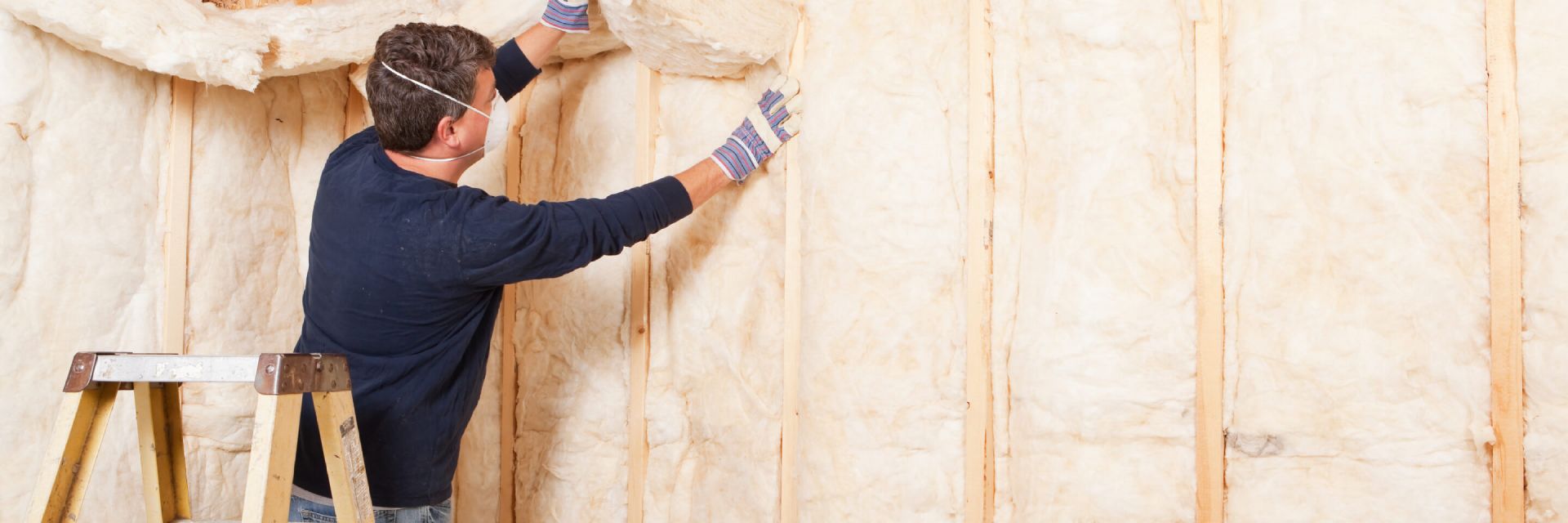Your walls
Around a third of all the heat lost in an uninsulated home is through the walls. Insulating your walls can help make your home more energy efficient and could reduce the amount you spend on heating bills1.
If your home has solid walls made of stone or brick, you could install internal or external insulation. Before you install solid wall insulation, it’s a good idea to think about factors such as your budget, as it can cost around £12,000.
If your home was built after 1920, it likely has cavity walls. If you’re planning on insulating these, you’ll need to look into cavity wall insulation. For more details on your wall type and whether insulation could be right for your home, visit Energy Saving Trust.






